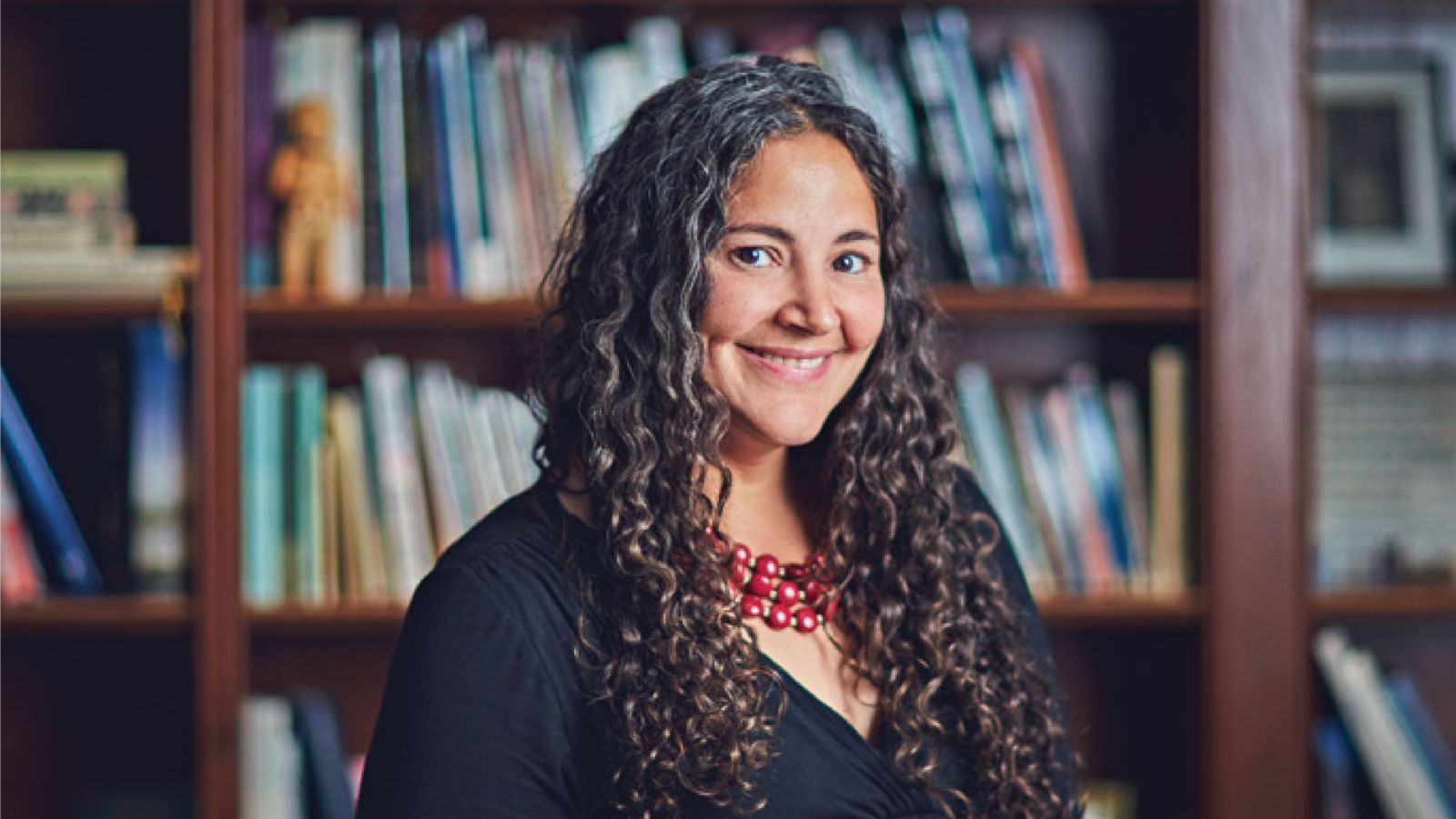In an engaging and empowering conversation with Dr. Laurie Santos, teacher of the most popular class in Yale’s history and host of “The Happiness Lab” podcast, we dive into the art and science of happiness. Celebrated for making complex science relatable, accessible, and actionable, Dr. Santos shares valuable insights from her “Science of Wellbeing” course, available to adults and teens for free.
Note: For the full interview, listen to our ‘Evolving with Gratitude’ podcast episode, embedded in this article (above) and also available on your favorite podcast platform.
Unraveling Happiness Myths
Dr. Santos begins by challenging a common belief: “We assume that to be happier, we need to change our circumstances… but a lot of our happiness isn’t in our circumstances. It’s really in our behaviors and our mindsets.” She emphasizes that while external changes can influence happiness, internal shifts in behavior, social connections, and mindset are more significant.
The Power of Social Connections
Highlighting the importance of social connections, Dr. Santos reveals, “Happiness comes from invoking not the ‘I’, but the ‘we’.” This perspective challenges the conventional focus on self-care as the sole path to happiness, underscoring the profound impact that relationships have on our well-being.
Dr. Santos notes the value of “finding spaces where you can connect with other people even more and really investing in that kind of community connection.” She points out that these aspects of social interaction are “really essential for happiness, much more essential than I think we often think.”
“Happiness comes from invoking not the ‘I’, but the ‘we’.”
—Dr. Laurie Santos
Money, Motivation, and Self-Compassion
In her work with Yale students, Dr. Santos challenges traditional beliefs about wealth and happiness. She notes, “Most of us think that if we won the lottery tomorrow or got some huge windfall of cash, we’d wind up feeling happier. But the data seems to suggest that’s not the case. The research really shows that if you’re making a decent middle class-ish income… there is a number at which you are probably not going to be happier if you get more money.” This revelation often surprises her students, who have been conditioned to equate financial success with increased happiness.
Her students, who are typically high-achieving and driven, tend to push themselves with harsh self-criticism. Dr. Santos advocates a gentler approach: “a better path to pursuing their goals and to motivating themselves might be through a little bit more self-compassion, to talking to themselves as though they were talking to a friend.” This advice, initially met with skepticism, eventually leads students to realize that self-compassion and positive self-talk actually reduce procrastination and improve well-being.
Embracing the Full Spectrum of Emotions
We often think of the importance of positive emotions in our lives, but what about the role of those unpleasant emotions? Dr. Santos asserts, “Our negative emotions are there to tell us something really important. If I’m feeling lonely, that’s an active signal that I might need a little bit more social connection. If I’m feeling angry, that might be an active signal that there’s some moral violation that I care about, that my community is in pain, and I want to take action on it.”
Highlighting the purpose of all emotions, Dr. Santos explains, “They’re often these signals that are like a little alert. It’s kind of like a notification from our minds that’s saying, ‘Hey, that thing doesn’t feel right.’ The key is that you notice them, and then you have techniques for allowing them, sitting with them for a short period of time, or taking the right form of action on them so that you can alleviate that.”
This approach underlines the importance of not just experiencing our emotions but also understanding and responding to them constructively. Embracing all of our emotions is critical to a fulfilling and authentic human experience.
The Transformative and Protective Role of Gratitude
In discussing the power of gratitude, Dr. Santos highlights the huge impact of gratitude on happiness and its effectiveness in countering social comparison, especially in the digital age. She notes, “There’s just so much evidence that gratitude can be a really powerful mindset for improving our happiness overall.” She explains, “Happy people spontaneously bring to mind the blessings in life.”
Discussing gratitude’s benefits, she says, “If you can train your brain to do that, there are a host of benefits. You feel better. Gratitude itself is a positive emotion.” This mindset increases life satisfaction and strengthens social bonds: “you wind up more satisfied with your life… often feeling more connected to people.”
Dr. Santos also points out that gratitude “can be a great antidote to some of the social comparison that so many of us experience online.” By valuing the good in our own lives, we reduce negative comparisons.
“Happy people spontaneously bring to mind the blessings in life.”
—Dr. Laurie Santos
Broader Impacts and Future Directions
If you’re wondering, do these lessons actually move the needle on people’s well-being? They do! Dr. Santos emphasizes that while the practices taught, such as gratitude, social connection, exercise, and sleep, don’t drastically transform happiness levels, they have a meaningful impact. “They’re not the kind of things that are going to take you from zero to a hundred on a happiness scale. But they’re going to have a small but significant effect and a lasting effect,” she observes. This incremental improvement is substantial, as Dr. Santos illustrates: “If you were a 6 [out of 10] on a happiness scale, you might really want to be a 7.”
Unlock the Power of Well-Being
These profound insights from Dr. Santos prompt a reevaluation of our approach to happiness. She encourages a shift from external pursuits to internal growth, emphasizing the importance of our behaviors, mindsets, and relationships. Embracing the full spectrum of our emotions, practicing gratitude, and nurturing social bonds are not just theoretical concepts but practical tools that have shown real impact.
Dr. Santos’ work shows us how small but significant steps can lead us to a more fulfilling life. Whether you’re at a 5 [out of 10] on the happiness scale, seeking to reach a 6, or simply aiming to feel more connected and content, the journey to happiness is within your grasp. It’s time to take these lessons to heart and really commit to applying them in our daily lives, turning them into habits and rituals. It’s time to unlock and experience the power of the science of well-being.
With gratitude,
Lainie
Connect with and learn from Dr. Santos:
The Science of Well-Being for Teens
The Science of Well-Being for Everyone
Website – DrLaurieSantos.com
Instagram – @LaurieSantosOfficial
X/Twitter – @LaurieSantos
Pinterest – @DrLaurieSantos
Facebook – @happinesslab
YouTube – @DrLaurieSantos


